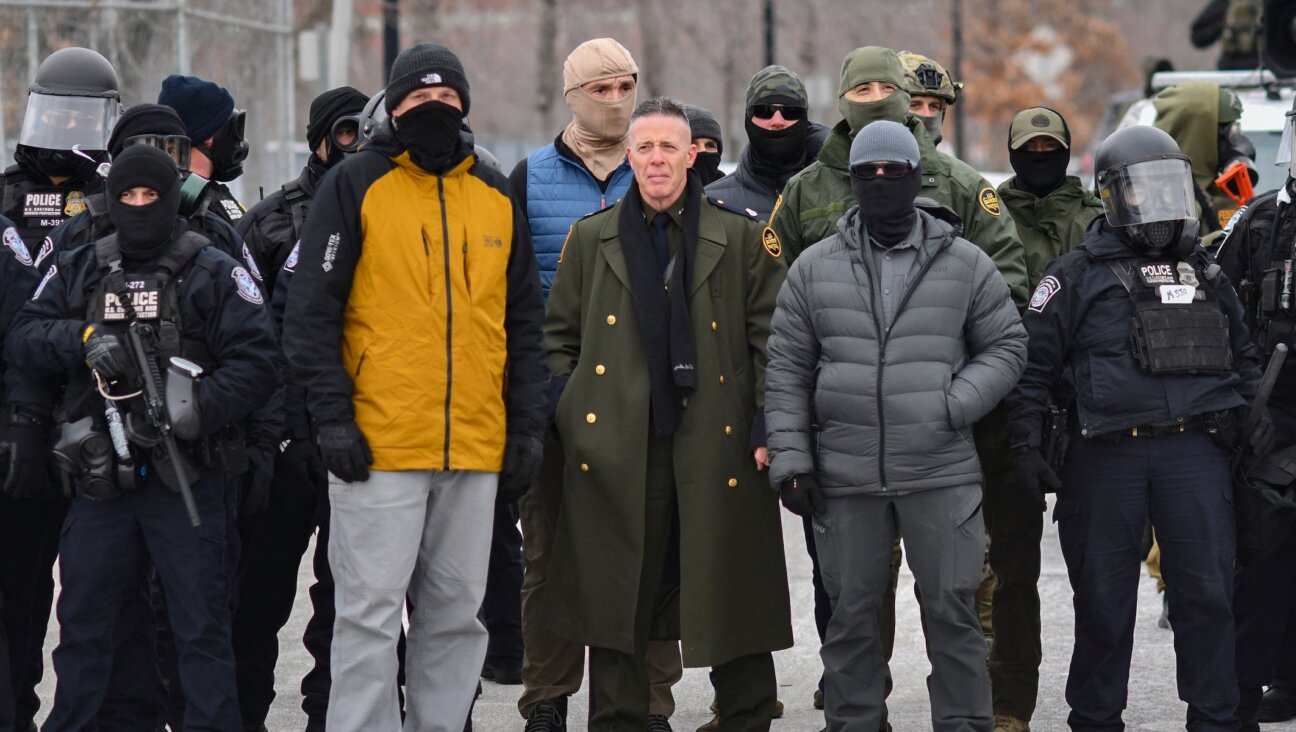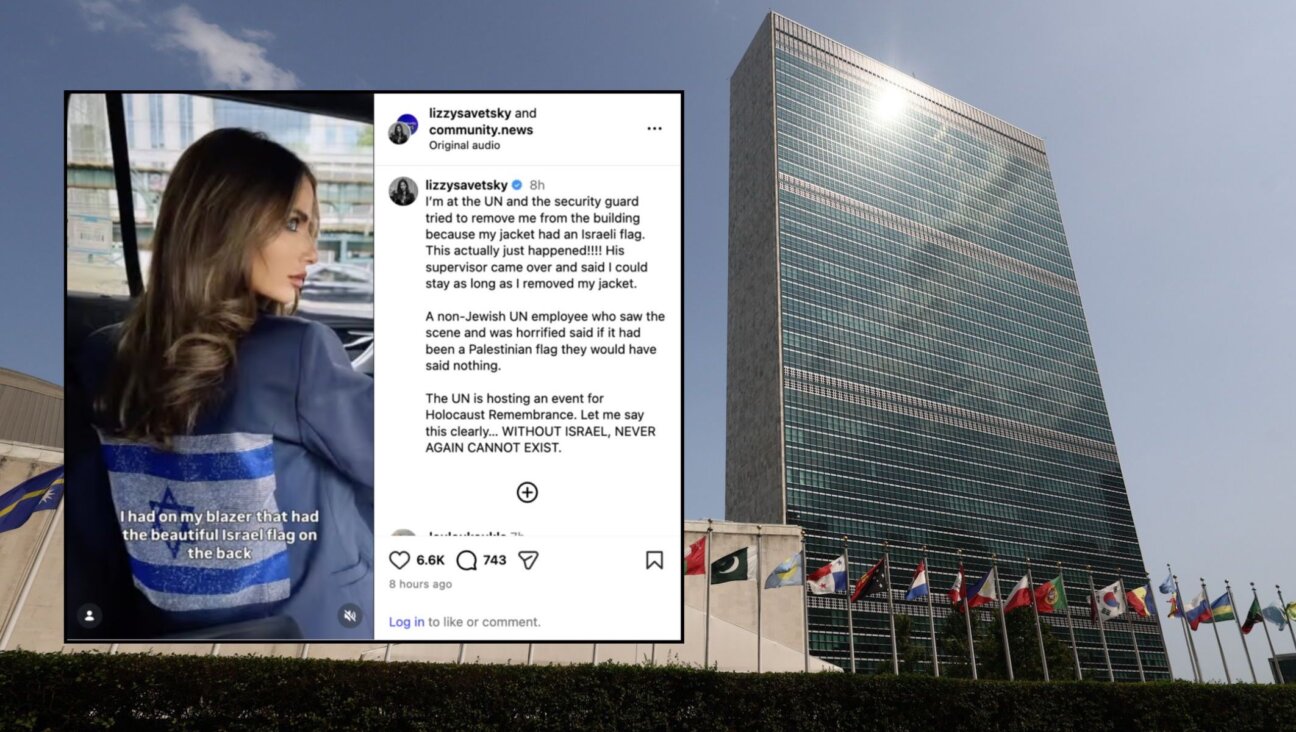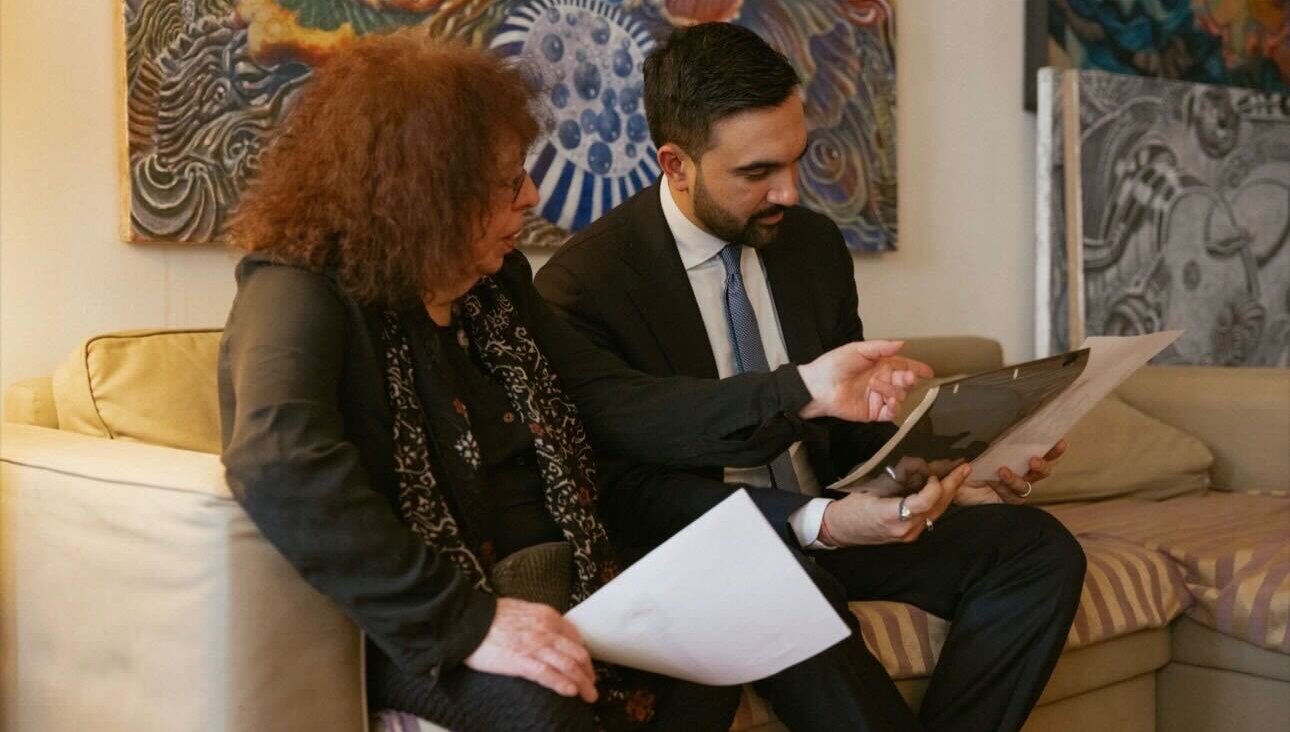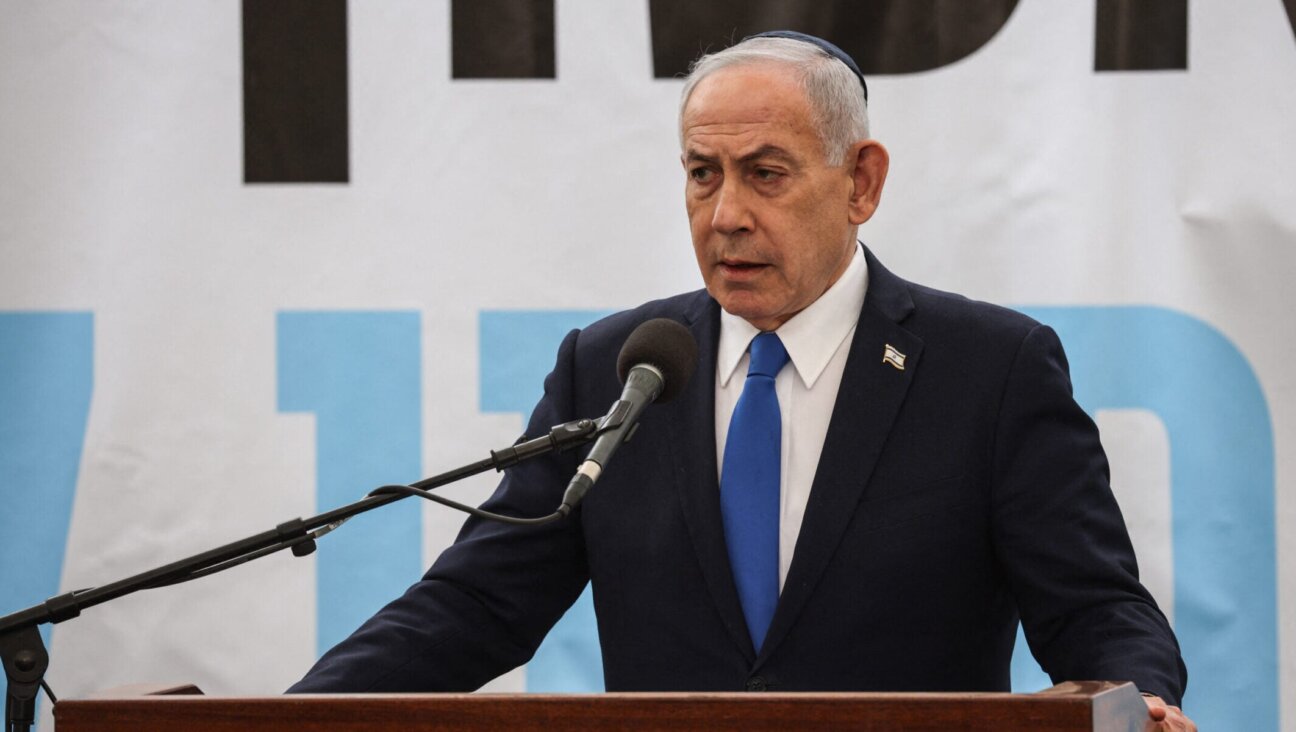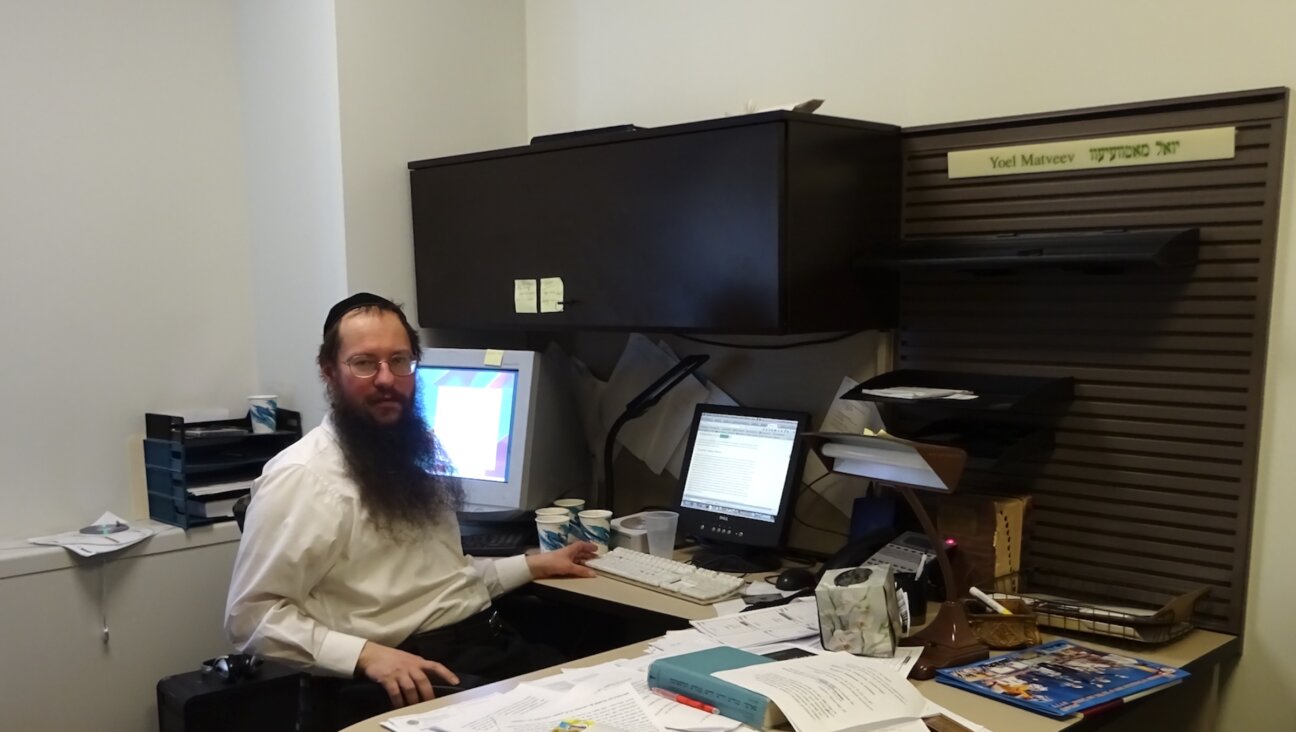Venezuela Protests Flare as Henriques Capriles Disputes Vote Count
Hundreds of protesters clashed with police in the Venezuelan capital on Monday after opposition presidential candidate Henrique Capriles called for demonstrations to demand a recount of votes from Sunday’s election to replace the late Hugo Chavez.
Police used tear gas to disperse young demonstrators who threw rocks and sticks in an upscale district of Caracas.
Capriles has refused to accept the official election result that gave a narrow victory to ruling Socialist Party candidate Nicolas Maduro, and he earlier called for peaceful protests to press his demands for a full recount.
While Capriles stressed that he wanted supporters to eschew violence, his call for protests raises the stakes in the post-electoral crisis.
“What happened yesterday was fraud, a lie. The opposition won and they know it,” said Briand Alvar, who was among the protesters involved the fight with police.
Opposition sources told Reuters their count showed Capriles won by more than 300,000 votes. His team says it has evidence of some 3,200 election day irregularities, ranging from allegations of voters using fake IDs to intimidation of volunteers at polling centers.
Venezuela’s electoral authority on Monday formally declared Maduro the winner of the election, saying he won 50.8 percent of the vote, against 49.0 percent for Capriles.
“I will fulfill the legacy of protecting the humble, the poor, to protect the fatherland,” said Maduro, who was handpicked by Chavez to continue his self-declared socialist revolution just weeks before dying of cancer on March 5.
In a sharply worded speech, the electoral council’s head shot down Capriles’ call for a recount and excoriated him for being disrespectful of Venezuelan law and institutions.
“Threats and intimidation will not be the path to appeal the decisions of the CNE,” said Tibisay Lucena, who opposition critics call a stooge of the ruling Socialist Party.
She also accused the U.S. government and the Organization of American States of trying to interfere in Venezuelan affairs after they backed the idea of a recount.
The official results showed Maduro winning by 265,000 votes but Capriles says he is sure he won and that he will only concede defeat if there is a full recount.
“All we’re asking is that our rights be respected, that the will of the people be respected, and that every single vote be counted, every little piece of paper. That paper isn’t for recycling, it’s proof,” Capriles said earlier in the day.
OPPOSITION PROTESTS
About 200 pro-opposition students protested in another upscale district, trying to enter a hotel where unofficial foreign election observers were meeting. Outside opposition campaign headquarters, protesters shouted “No more fraud.”
The controversy around Venezuela’s first presidential election without Chavez on the ballot in two decades ushered in new uncertainty in the OPEC nation of 29 million people.
It also raised doubts about the future of “Chavismo,” Chavez’s self-proclaimed socialist movement, without its charismatic founder.
In his last public speech, Chavez named his longtime protege Maduro as his preferred successor, giving the burly former bus driver a huge boost heading into Sunday’s election.
But neither the endorsement nor the burst of sympathy following Chavez’s death were enough to ensure an easy victory.
Maduro, who does not have Chavez’s charm, saw his poll lead shrink in the final days of the campaign. Even then, the vote was a lot closer than most people expected.
Maduro’s slim victory raises the possibility that he could face challenges from rivals within the disparate coalition that united around the towering figure of Chavez, who was an icon of the Latin American left.
Chavez comfortably beat Capriles by 11 percentage points and 1.6 million votes in October.
In this campaign, Capriles slammed Maduro as an incompetent and a poor copy of Chavez unable to fix the nation’s many problems. He also offered a Brazilian-style mix of pro-business policies and strong welfare programs.
Maduro was unable to match his former boss’s electrifying speeches but nevertheless benefited from a well-oiled party machine and poor Venezuelans’ fears that the opposition might abolish Chavez’s slum development projects.

